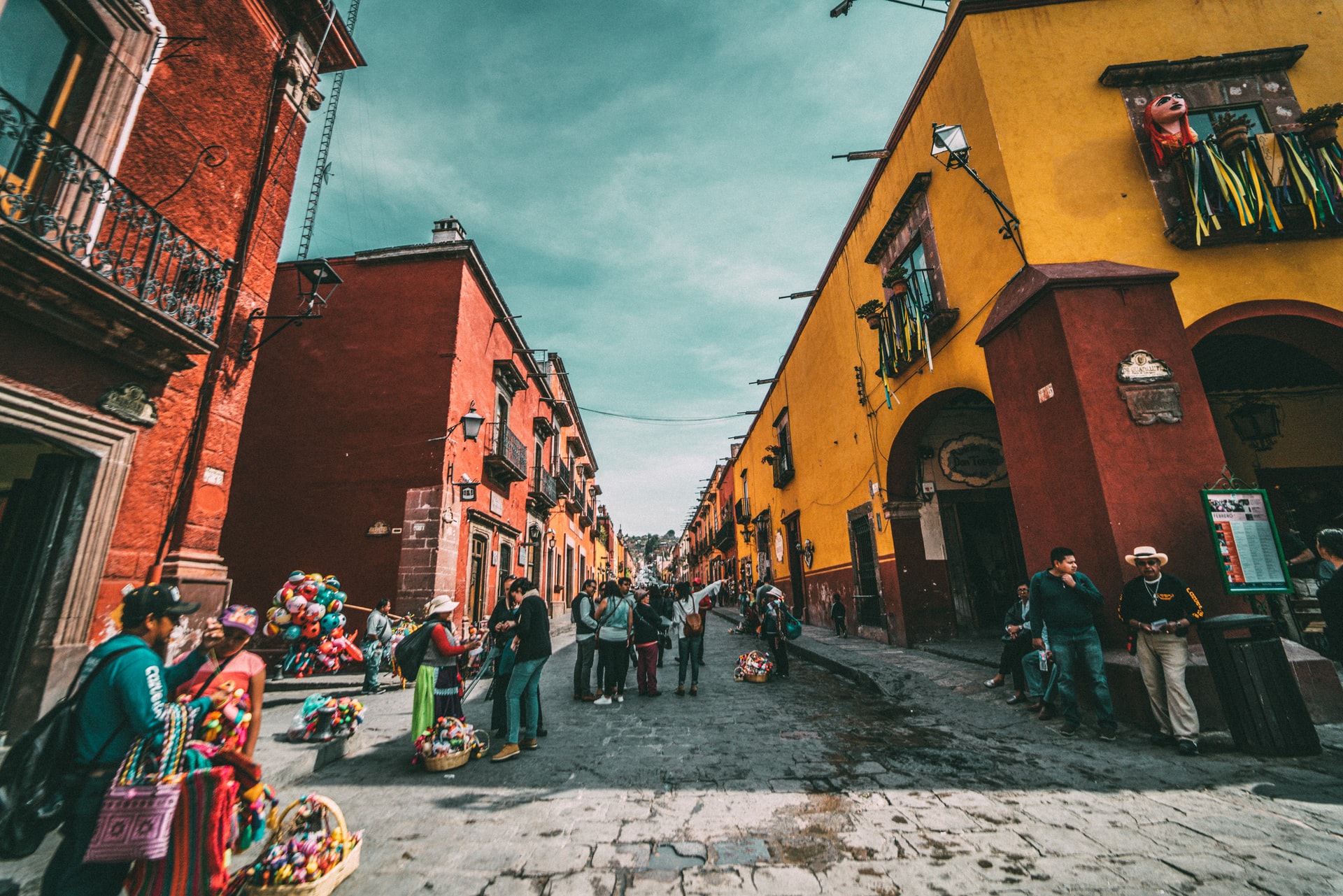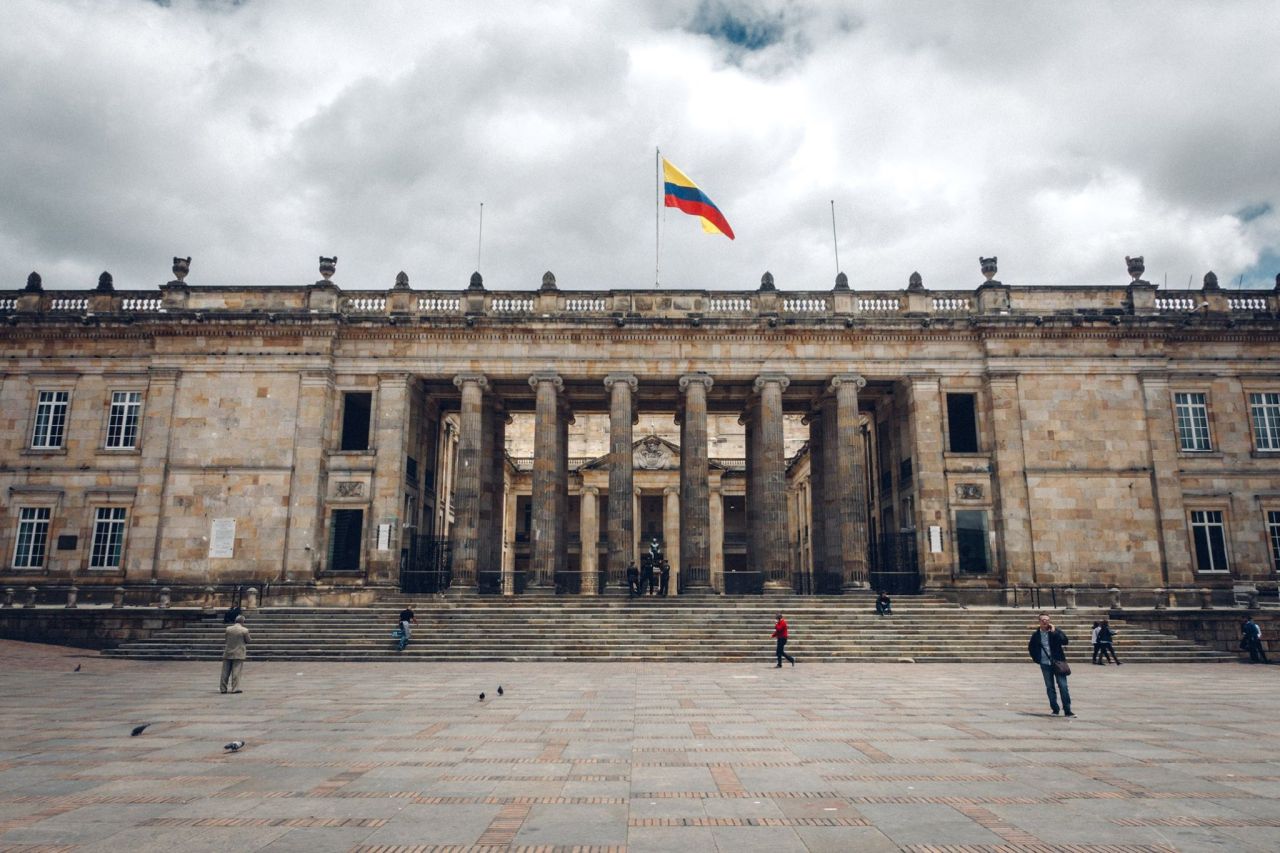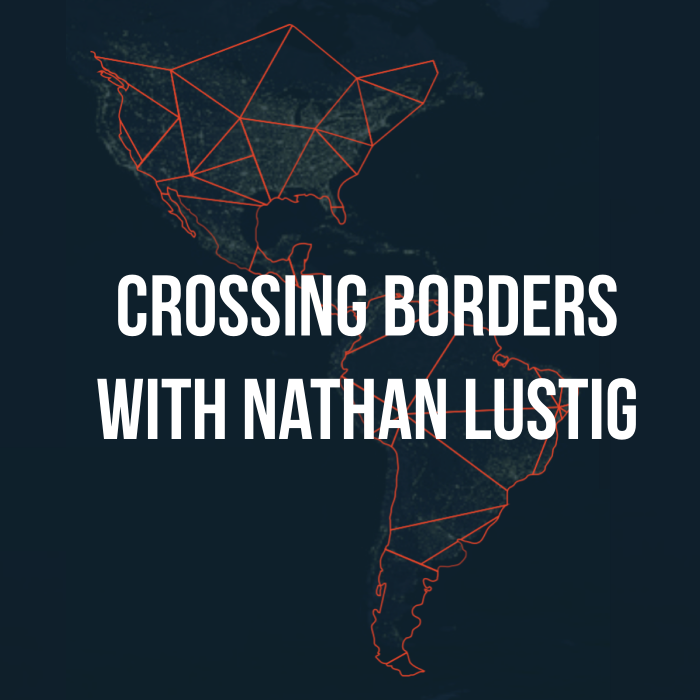As the calendar turns toward April 15th, everyone in the US knows what’s coming: tax day. While the Internal Revenue Service (IRS) has updated their systems, and there are dozens of tax management tech products, many people still have to file via a paper 1040 form that takes 6-8 weeks to process. Compare that to Chile, a less “developed” country according the most of the world, where paying taxes is as simple as logging on to the Servicios de Impuestos Internos (SII, Chilean IRS) website to see all your paychecks and spending from the year. On Chilean tax day, people can immediately if they’ll get a refund and how much it will be, which then shows up in your bank account automatically in 1-4 weeks.
Electronic tax filing systems are not unique to Chile. Colombia, Argentina, and Mexico allow people to pay taxes online or even via app, using a personal identification number like a Social Security number.
However, not all of Latin America is so progressive when the time comes to pay taxes. According to the World Bank, Brazil’s tax policy is one of the most complex in the world, so much so that doing taxes requires over 2000 hours per year, compared to 291 in Chile, 311 in Argentina, and Colombia with just 239. Latin American countries also have Value Added Tax (IVA in Spanish) that you have to pay monthly included in their totals.
Across the region, government ministries are rapidly introducing new methods to simplify and speed up the taxpaying process. Here are some of the ways Latin American governments are working to improve the often-painful process of paying your taxes.



